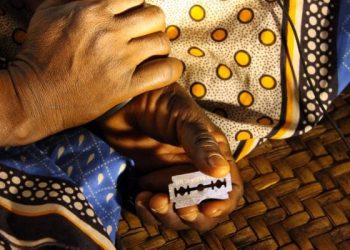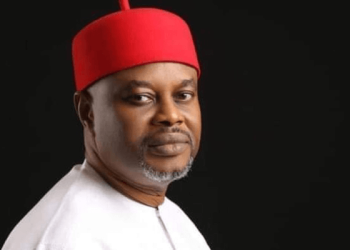Discordant tunes emanated from the Federal Road Safety Corps (FRSC) on the controversial new number plates and driver’s licence in the last week of last month. The Lagos State sector commander of the corps, Mr Chidi Nkwonta, told the News Agency of Nigeria (NAN) on Thursday, July 24, 2014 that the organisation would begin to impound vehicles with old number plates from August 1, 2014. As he said, the decision to embark on the exercise was based on a recent judgment delivered by a Federal High Court in Anambra State. Nkwonta’s contention was that the Anambra judgment had set aside the earlier one by a Federal High Court in Lagos. He faulted the earlier judgment and maintained that the FRSC would only accept the second verdict. Three days later, the Corps Public Education Officer, Mr Jonas Agwu, issued a statement in which he countered Nkwonta and stated that the corps had not fixed any date for the enforcement of the new number plates and driver’s licence.
But for the prompt intervention of Agwu, who is the official source of information, another round of controversy would have been raging. The FRSC would have been the target of a barrage of criticisms. It was widely reported that a Federal High Court in Lagos, presided over by Justice James Tsoho, on Wednesday, March 26, 2014 declared unconstitutional the introduction of new number plates the FRSC had been striving to impose on vehicle owners. The judge said the redesigning of the number plates did not have the backing of the law and proceeded to aver that it would amount to an arbitrary exercise of power to impound vehicles without the redesigned number plates. In spite of the fact that the judgment was seen as a great relief and widely applauded, the FRSC took the case to a higher court where it is still pending. What then is the rationale behind the idea of taking the same case to another court — of concurrent jurisdiction — which lacks the power to set aside the Lagos judgment.
The introduction of new number plates has been very unpopular since it was brought to the public domain. It was gleefully presented to the public as a venture that would bring billions of naira into the coffers of the government. The various arguments advanced to justify the project have been deflated. We have repeatedly counselled the FRSC to focus its attention on the purpose for which it was established which is safety on the highway. It is not the enabling law or laid-down policy that takes a society or organisation to great heights. It is the leadership that does. The new corps marshal should come up with an agenda that will enable the FRSC to serve the people’s interests and earn their respect. It is a well-known fact that uniformed marshals have ceased to be what they were in the days of Professor Wole Soyinka and Dr Olu Agunloye. It is apparent that the level of performance has fallen sharply.
It is common knowledge that the alarming accident rate in Nigeria is attributable to no other reason than the indiscipline on the highway. The message that “speed kills” is not being propagated with vigour. The immediate past corps marshal, Osita Chidoka on one occasion said speeding accounted for 65 per cent of accidents on Nigerian roads. On another occasion, he said 3,500 Nigerians lost their lives in road crashes from January to mid-November 2012. Patrol on the highway has become a rarity. More often than not, the uniformed marshals are standing in clusters by the roadside looking for motorists who have not used their seat belts. Their particular interest in commercial vehicles has greatly diminished them in the eyes of the public. There have been reports of senior officers setting revenue targets for their junior colleagues. Road safety officials now appear to be more active rescuing victims at accident scenes when they should be more active performing the critical assignment of preventing the accident.
The concern of government about avoidable slaughter on Nigerian roads informed the decision to establish a road safety organisation. If the government, of its own volition, decided to spend money to achieve the objective of preserving lives, how rational is it for the managers of the organisation to turn it into a money-making venture and relegate the primary objective to the background. As we have said in our previous comments, the argument that the new number plates will enable the FRSC to track down traffic offenders is faulty. The duty of tracking down traffic offenders falls within the realm of crime detection and not accident prevention. It is thus the responsibility of the police and not the FRSC. The new corps marshal should concentrate his attention on plans and projects that will enable the FRSC to serve the purpose for which it was founded, instead of dissipating resources on an anti-people court case that can only further diminish the organisation.













































